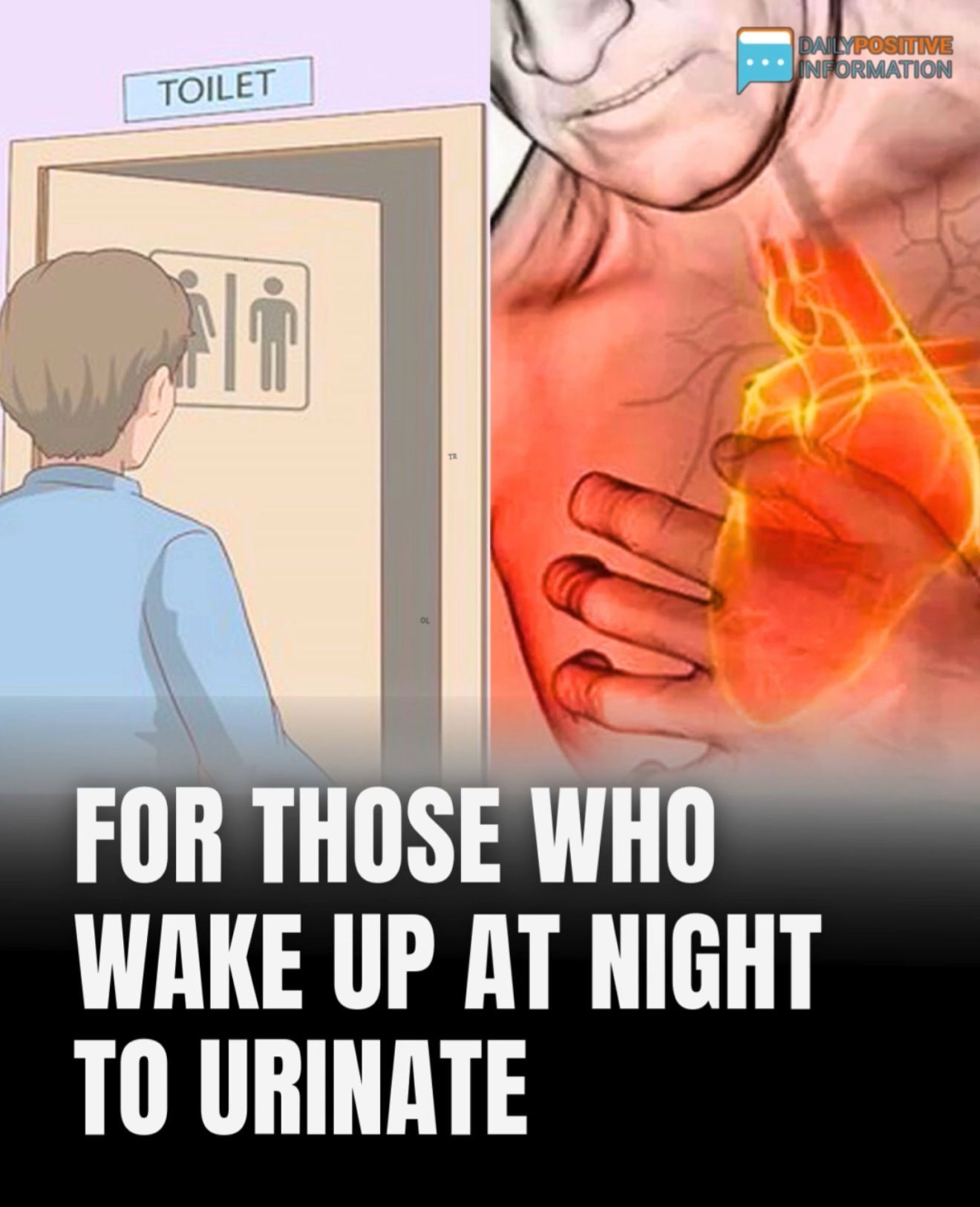If you’ve been finding yourself waking up multiple times during the night to use the bathroom, you may be dealing with a condition known as nighttime urination, or nocturia. While it may seem harmless at first, this common issue can significantly disrupt sleep and affect your overall well-being. A good night’s rest leaves you feeling refreshed and energized, but frequent nighttime trips to the bathroom can make restful sleep nearly impossible. When this happens more than twice a night, it’s a potential sign of nocturia, a condition more commonly seen in people over the age of 60. Though often confused with enuresis, or bedwetting, nocturia is different in that you’re consciously waking up to urinate, whereas enuresis involves involuntary urination during sleep.

There are several potential causes of nighttime urination, and aging is one of the most common. As we age, our bodies produce less antidiuretic hormone, which plays a key role in helping the kidneys retain fluid. When production of this hormone decreases, the body tends to create more urine at night. Additionally, bladder muscles may weaken over time, making it harder to hold urine and leading to more frequent urges. However, age isn’t the only factor. Consuming excessive fluids—especially caffeinated or alcoholic beverages—right before bedtime can lead to more bathroom trips. Chronic urinary tract infections (UTIs), bladder infections, and medications such as diuretics, which are often prescribed for high blood pressure or heart issues, can also increase nighttime urination.
Women who are pregnant or have recently given birth may notice more frequent urination due to weakened pelvic floor muscles and increased pressure on the bladder. In some cases, nocturia may be a sign of a more serious health issue. Conditions like diabetes, congestive heart failure, chronic kidney disease, or an enlarged prostate in men can all contribute to frequent nighttime urination. Certain sleep disorders such as insomnia, restless legs syndrome, or obstructive sleep apnea may also be linked to nocturia because they disrupt normal sleep patterns and lead to more frequent awakenings.
The symptoms of nocturia are usually pretty straightforward. Most people can sleep six to eight hours without needing to urinate. But those with nocturia wake up at least two or more times a night to use the restroom. In severe cases, individuals might wake up five or six times. You may feel a strong urge to urinate but only release a small amount, or experience a sensation of incomplete emptying. This constant disruption to your sleep can lead to daytime fatigue and poor concentration. For older adults, the risk of falls and injuries increases each time they get out of bed in the middle of the night.
Diagnosing nocturia typically involves a combination of a physical exam and a discussion of your symptoms with a doctor. You may be asked questions about your sleep habits, how often you wake up to urinate, your evening routines, and how long you’ve been experiencing these symptoms. If you’re taking diuretics or consuming lots of fluids in the evening, that information will be important for your doctor to know. To pinpoint the cause, your physician may order tests like a urinalysis to evaluate kidney function and detect signs of infection or abnormalities. Other tests may include a urine culture or post-void residual measurement using pelvic ultrasound to see how much urine remains in your bladder after going.
If your doctor suspects an underlying condition, they may also order blood tests to measure blood sugar, kidney function (including blood urea nitrogen and creatinine levels), serum electrolytes, and blood osmolality. These tests can help detect whether your symptoms are related to diabetes, dehydration, or kidney issues.
Treatment for nighttime urination depends on its root cause. If the problem stems from fluid intake, your doctor may advise cutting back on beverages before bed. Elevating your legs during the day or wearing compression socks can help shift fluids and reduce nighttime urination. Taking a short nap in the afternoon might also help you feel more rested overall. When lifestyle adjustments aren’t enough, medications may be prescribed. Anticholinergics can relax the bladder and reduce the urge to urinate frequently, and some of these are even used to manage bedwetting. However, these drugs may come with side effects like dry mouth, dizziness, or blurry vision. In some cases, a doctor might recommend taking a diuretic earlier in the day to encourage urination before bedtime. Synthetic antidiuretic hormone medications can also help reduce the amount of urine your body produces at night. While these treatments can relieve symptoms, it’s important to remember that they don’t cure nocturia, and symptoms may return if medication is stopped. Managing nocturia effectively often involves a combination of medical treatment and lifestyle changes, tailored to each individual’s unique needs.





